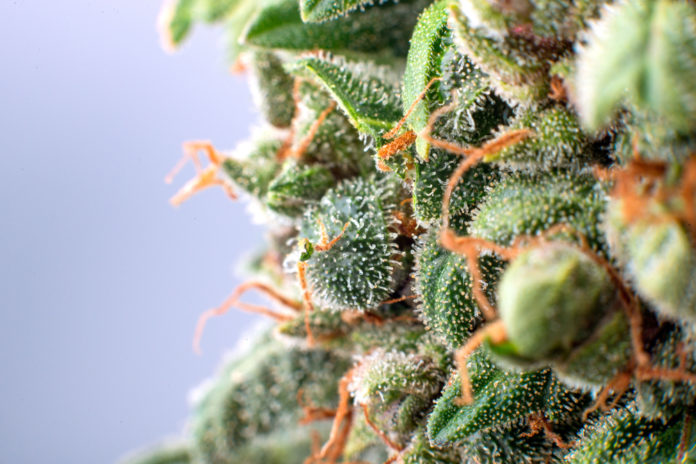The legalization of cannabis could be in the bag in New Jersey, or at least in the budget.
This week, Governor Phil Murphy released his budget proposal for 2019. The potential budget assumes $80 million in tax revenues derived from legal cannabis sales.
The budget is scant on details such as which products would be permitted for sale and specific tax rates. The proposal calls for cannabis being approved by June 30, the deadline for approving the state’s 2019 budget.
Factoring in the additional funds derived from possible cannabis sales could prove to be a shrewd political calculation on Murphy’s part. Nevada lawmakers did something similar and legal sales of cannabis started six months earlier than expected. With Murphy dangling millions of dollars for lawmakers to increase funding for state programs, they could be enticed to approve legal cannabis sales.
Currently, there are multiple cannabis reform bills circulating within the state legislature. The legislative process may need a jumpstart from the governor’s budget proposal to ensure passage by June.
“We’re going to get re-focused on this,” said state Sen. Nicholas Scutari, D-Union, the author of one of the legalization bills according to NorthJersey.com. “If people are educated on the facts, I believe we’ll win them over.”
A Quinnipiac poll released this week finds support among New Jersey residents for recreational legalization. According to the poll, 59 percent of state residents approve of Murphy’s plan to legalize.
Murphy ran his gubernatorial campaign last year with cannabis reform as one of his major tenets. The governor has placed most of his focus on criminal justice reform, which he sees updating cannabis law as a major component of.
While introducing his budget proposal to state lawmakers, Murphy signaled that his support for criminal justice reform has not waned since taking office.
“Legalization will allow us to reinvest directly in our communities— especially the urban neighborhoods hardest hit by the misguided War on Drugs— in their economic development, in health care and housing, child care and after-school programs, and other critical areas,” Murphy said. “These investments will pay dividends far greater than the cost of mass incarceration.”
Murphy assumed office in January after previous Governor Chris Christie spent eight years in office. Christie was adamantly against cannabis reform and even recently suggested that it is a significant factor contributing to the national opioid crisis. Christie’s hard line, which often eluded both science and common sense, may have inadvertently fostered an environment ripe for Murphy’s plan to legalize recreational cannabis use.











